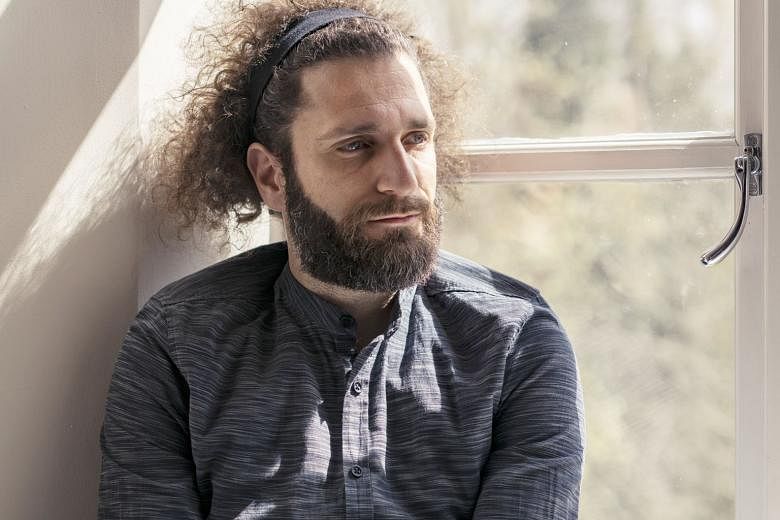LONDON • In the fight against fake news, Greek computer scientist Andreas Vlachos - who lives in England - is on the front line.
Armed with a decade of machine learning expertise, he is part of a British start-up that will soon release an automated fact-checking tool before the country's election next month.
Mr Vlachos is also advising a global competition that pits computer wizards from the United States to China against one another in using artificial intelligence to combat fake news.
As Europe readies for several elections this year after Mr Donald Trump's victory in the US presidential polls last year, computer scientists, tech giants and start-ups are using sophisticated algorithms and reams of online data to automatically spot fake news faster than traditional fact-checkers.
The goal, experts say, is to expand these digital tools across Europe to counter the fake news that caused so much confusion and anger during the US presidential election, when outright false reports spread like wildfire on Facebook and Twitter.
"Algorithms will have to do a lot of the heavy lifting when it comes to fighting misinformation," said Ms Claire Wardle, head of strategy and research at First Draft News, which has teamed up with tech companies and newsrooms to debunk fake reports about elections.
So far, outright fake news stories have been quite rare. Instead, false reports have more often come from Europeans on social media taking real news out of context, as well as from fake claims spread by state-backed groups like Sputnik, the Russian news organisation.
There is much more misinformation out there, said Ms Janis Sarts, director of the Nato Strategic Communications Centre of Excellence, a think-tank in Latvia. "State- based actors have been trying to amplify specific views to bring them into the mainstream."
After criticism of its role in spreading false reports during the US election, Facebook introduced a fact-checking tool before the Dutch elections in March and the first round of the French presidential election on April 23. It also removed 30,000 accounts in France that had shared fake news.
Since last year, Google also has funded almost 20 European projects aimed at fact-checking potentially false reports. That includes two British groups looking to use artificial intelligence to automatically fact-check online claims.
It similarly has partnered French newsrooms to create digital tools, including ways to track trending topics during France's election.
And Wikipedia founder Jimmy Wales has started a crowdfunding campaign to create a news organisation called Wikitribune - inspired by the misinformation on the US presidential election - that would combine professional journalists with digital volunteers, who would contribute to reports, in a similar way to how articles are created on Wikipedia.
Mr Wales said his project would rely more on traditional reporting techniques than high-tech wizardry.
NYTIMES.

